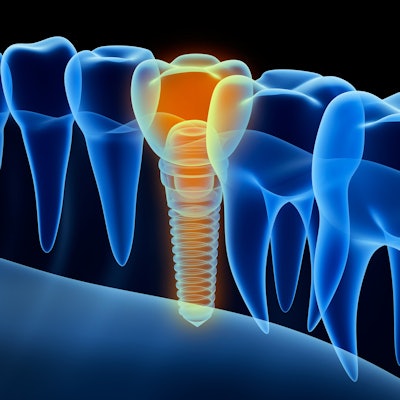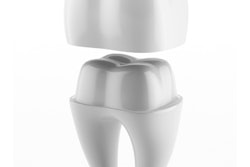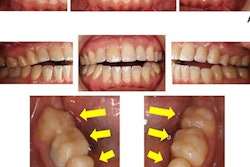
Tokyo Medical and Dental University highlighted a study published May 6 in Science and Technology of Advanced Materials that could lead to a new generation of medical implants that last longer.
TMDU scientists used photoelectrochemical measurement and x-ray photoelectron spectroscopy to clarify the source of titanium's biocompatibility when implanted into the body, such as with hip replacements and dental implants.
Titanium is commonly used in medical and dental implants. Due to the biocompatibility of titanium, screws made from the material assimilate too much into bone tissue after implantation, which can make them difficult to remove later (Sci Technol Adv Mater, May 6, 2022, Vol. 23, pp. 322-331).
The study elucidates the molecular surface properties involved in titanium's biocompatibility and could lead to safer and less expensive implants for hip replacements or dental implants, given that titanium is relatively rare, TMDU said in a release.



















